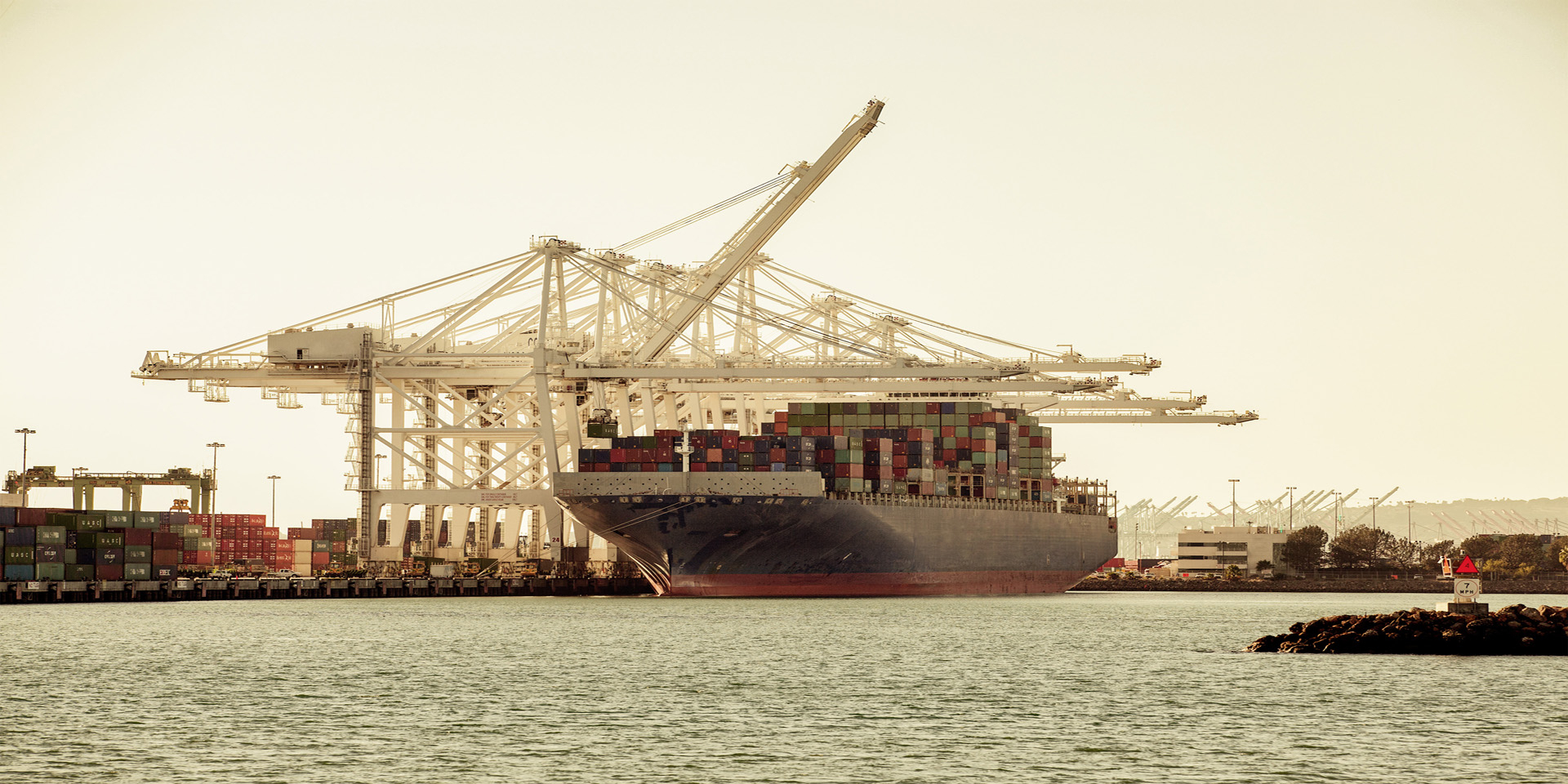
Swiss GDP exceeds pre-crisis levels in the third quarter
Switzerland's gross domestic product (GDP) rose sharply again in the third quarter and is now well above pre-crisis levels. GDP increased by an average of 4% this year. Switzerland's economic situation is thus ahead of most other countries.
However, growth is expected to stall in the new year. Rising COVID-19 case numbers, the resulting restrictions, and global supply chain problems are making for a gloomy outlook.
The pandemic's impact on economic recovery is dwindling
It is impossible to know how the pandemic will play out in the future, particularly as another unknown factor has been added with the Omicron variant. However, we do note that, over time, the pandemic's effects on the economy have dwindled. This is certainly due in large part to the fact that service providers and households have learned to deal with the virus and its effects.
Thus, we would expect that the economic fallout from the current wave will be limited. Some businesses in the areas of hospitality, clubs, and leisure are facing an uncertain winter season, however. Intercontinental tourism might also be on the chopping block, as a return to normal is not anticipated before the end of 2022.
Companies expect production stops due to supply chain problems
The industrial sector is still affected by supply shortages. A survey shows that, as a result, two-thirds of companies expect production stops in the next six months. Furthermore, around one in five affected companies has even had to reintroduce short-time working. Industries such as paper, furniture, electronics, watches, and pharmaceuticals are particularly affected by these supply issues.
Demand for goods will remain solid due to the continued pandemic. However, expanding production and transport capacity is a slow process. In light thereof, any real improvements in the supply problems are not expected before mid-2022. In the electronics industry, meaning semiconductors (chips) in particular, the situation is even likely to remain difficult until 2023.
Economic recovery is likely to continue in 2022
Due to the supply chain problems in the area of electronics and the resulting price increases, for 2022 the experts at Credit Suisse are predicting higher inflation than the average of recent years. Because most electronic goods are imported, however, the impact on GDP growth is likely to be minimal. Furthermore, the continued recovery of the labor market in the industrial sector and the general economy should be beneficial for consumer sentiment.
Thus, we should see a continuation of the economic recovery in 2022, even if the current effects of the pandemic will slow this economic growth somewhat. In specific terms, the Credit Suisse experts are forecasting GDP growth of 2.5% in the new year.